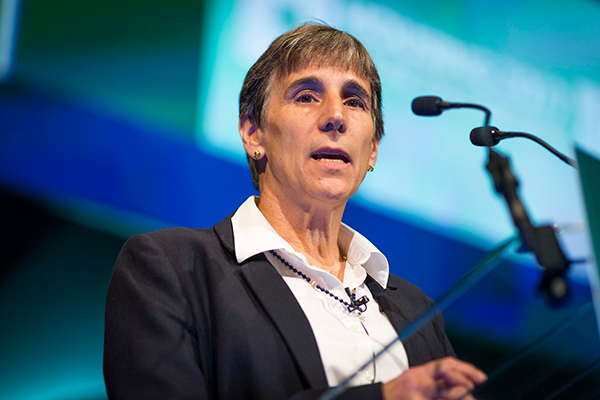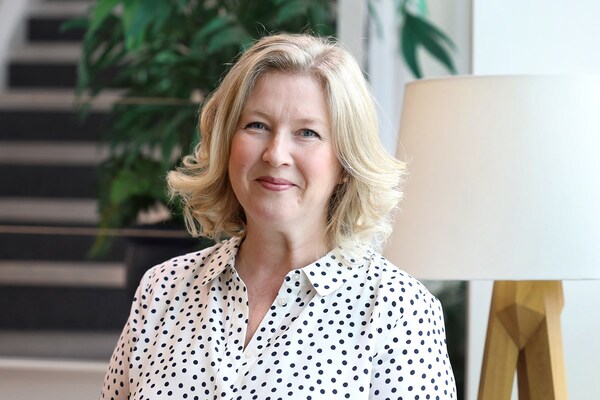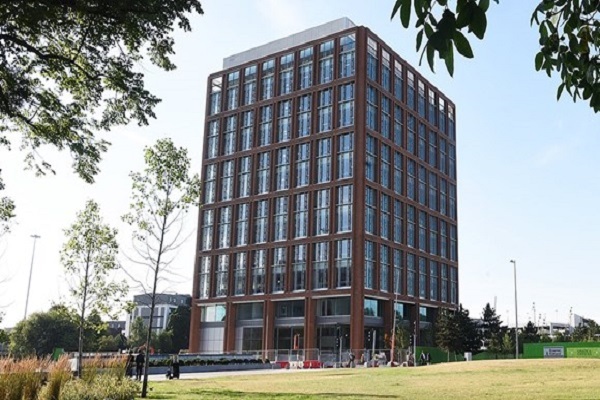You are viewing 1 of your 1 free articles
Associations should never lose sight of their role in supporting social networks
The sector needs to reclaim the word ‘social’, says Gavin Cansfield
I was delighted to read about the research project the Chartered Institute of Housing has launched to help feed into the upcoming Social Housing Green Paper.
Reimagining social housing is exactly the enterprise we need the best minds working on. In the wake of the Autumn Budget and other recent policy announcements, it is clear that the mood music has changed – as housing providers we now need to deliver and we need to ensure that we remain relevant.
The chancellor called for 300,000 net housing additions in his Budget address and, although the point has been made about there being no specific reference to affordable housing, as a housing association we fully intend to play our part in helping provide the number and range of homes that are needed.
“A number of voices in our industry seemed to suggest that the main problem we had was the term ‘social’.”
For North Hertfordshire Homes (NHH), this is the crucial point – what sort of homes and for whom?
Many will remember that there was a recent time when a number of voices in our industry seemed to suggest that the main problem we had was the term ‘social’.
If only we could lose the ‘social’ from social housing, then everyone – for everyone, read government – would love us.
This was occurring just at the same time as much of the rest of the world was using the word ‘social’ and staking out the networks through which we now live so much of our lives.
Right now the future looks like Spotify existing alongside vinyl; League of Legends alongside board games.
Whether or not you believe millennials are a ‘thing’ or merely another marketing invention, they continue to demonstrate that the future is a mix of the old and the new.
“The desire and need to be social continues.”
So, what do these interwoven social and cultural trends mean?
I don’t think anyone expects a return to the same clubs and associations that used to exist. But people will care about where they live and how they live. Those interests will drive different forms of social incarnation and group formations.
Whether it is guerrilla gardening reclaiming spaces or yet another pop-up that makes the old seem new, the desire and need to be social continues.
As we think about the neighbourhoods we work in, the changing demographic, the changing nature of work and the role of the home, we shouldn’t lose sight of our role in encouraging and supporting the social network – the often intangible web of relationships that need to exist to make sure there is child care, to make sure older people are looked after, and to make sure the social capital essential to good mental health is fostered and nurtured.
At NHH we know that by 2035, 80% of our customers will be aged 65 and over. This doesn’t just present a challenge in how we design property that works for people but, given the further decline of state support, it begs the question: how will those who need support access it?
What will be the opportunities for older people to contribute to their neighbourhood? What will the job of providing care look like? And how do we create the conditions where an ecosystem of volunteering, work and support to prevent loneliness can coexist?
It’s not just our own industry that is contemplating social housing. Ikea’s external innovation lab Space10 has created an online platform for researching and developing concepts for future shared living spaces.
One Shared House 2030 is a collaboration between Space10 and Brooklyn design studio Anton & Irene.
“How do we create the conditions where an ecosystem of volunteering, work and support to prevent loneliness can coexist?”
The project’s aim is to explore and develop ideas for shared living to solve current housing problems like affordability, rapid urbanisation and loneliness.
At NHH we have been working with the University of Cambridge to establish how technology and data from the people we house can inform better investment in property.
The relationships we are starting to form take us outside of the standard list of sector names and over the next couple of years we will begin to shape the services we provide to respond to how our customers want to live in their homes.
As we rethink the importance of social housing, we will ensure it is an option which works for how we live today.
Gavin Cansfield, chief executive, North Hertfordshire Homes
KEY BUDGET MEASURES AT-A-GLANCE
- Investment of £44bn in housebuilding in capital funding, loans and guarantees over the next five years to boost supply of skills, resources and land
- Commitment to be building 300,000 homes a year by mid-2020s
- £1.5bn package of changes to Universal Credit announced. This includes the scrapping of the seven-day waiting period at the beginning of a claim, making a full month’s advance available within five days of a claim for those that need it and allowing claimants on housing benefit to continue claiming for two weeks
- Lift council borrowing caps in "high-demand areas"
- A £125m increase over two years in Targeted Affordability Funding for Local Housing Allowance claimants in the private sector struggling to pay their rent
- New money into Home Builders Fund
- Extra £2.7bn for Housing Infrastructure Fund
- Invest £400m in estate regeneration
- £1.1bn on unlocking strategic sites
- Stamp duty for first time buyers on properties worth up to £300k will be axed, while the first £300k on properties worth up to £500k will also be scrapped
- Three new Housing First pilots announced for West Midlands, Manchester and Liverpool
- Councils to be given the power to charge 100% council tax premium on empty properties
- Government will launch a consultation to barriers to longer tenancies in the private rented sector
- £38m for Kensington & Chelsea Council for mental health and counselling services, regeneration projects in areas surrounding Grenfell Tower and a new community space
- Invest in five new garden towns
- £125m increase in Targeted Affordability Funding for Local Housing Allowance claimants in the private sector struggling to pay rent












